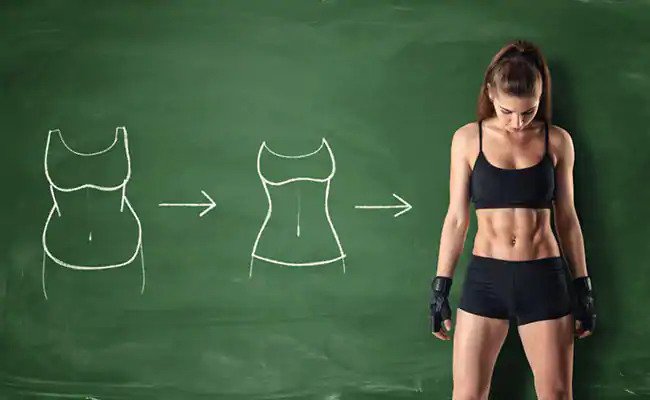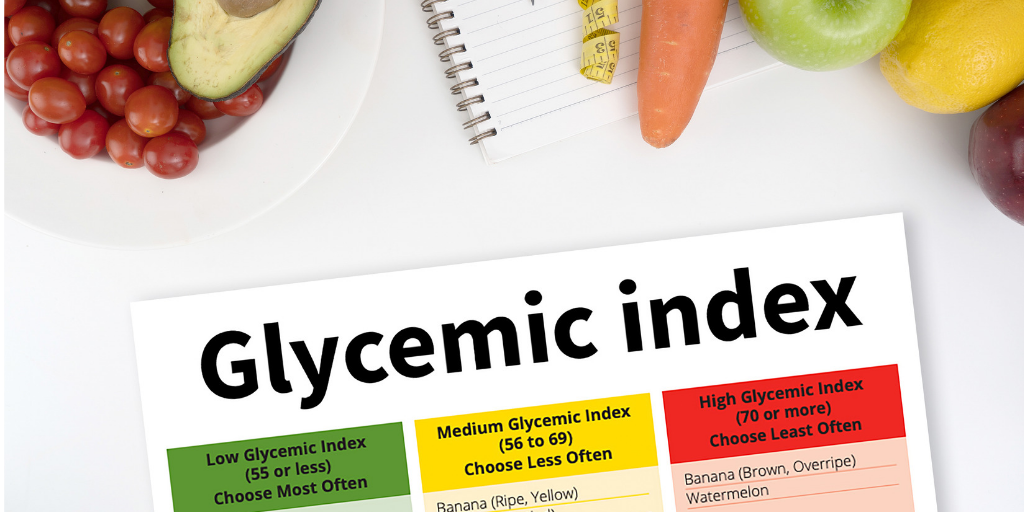Weight loss refers to a decrease in your overall body weight from muscle, water, and fat losses.
Fat loss refers to weight loss from fat, and it’s a more specific and healthful goal than weight loss.
However, it can be difficult to know whether you’re losing weight from fat or muscle.
This article explains why fat loss is more important than weight loss, how you can tell the difference between the two, and provides tips for losing fat and maintaining muscle.

Weight loss: The loss of weight of your bones, muscles, organs and body fat.
Fat loss: The loss of body fat – amount of fat your body carries
If you want to lose weight, it probably means you carry too much fat.
One can start eating less and lose weight, fall ill and lose weight, get depressed and lose weight BUT cannot lose fat. So focus on fat loss rather than weight loss.
Focus on fat loss, not weight loss
Many weight loss programs claim to help you lose weight quickly and easily.
However, it’s important to realize that a significant amount of this weight may include water and muscle losses .
Losing muscle can be detrimental, as muscle is a crucial component of your overall health.
Maintaining a healthy percentage of muscle has several benefits, such as regulating healthy blood sugar levels, maintaining healthy fat levels — like triglycerides and cholesterol — in the blood, and controlling inflammation.
Indeed, several studies have linked a higher fat-to-muscle ratio to chronic diseases like metabolic syndrome, heart disease, and diabetes.
Maintaining your muscle mass may also reduce your risk of age-related muscle loss, which results in frailty and potentially disability .
Additionally, the more muscle you have, the more calories you burn at rest. This is the main reason why men generally have higher calorie needs than women .
Consequently, losing weight in the form of muscle can decrease the number of calories you burn at rest, making it easier to regain any weight you lost in the form of fat.

So how do I know if am making good progress?
Do not just depend on the weight scale! If you are losing inches on your waist, your clothes fit more loosely and you are feeling lighter, energetic and fresh than ever, you are on the right track even if your weight stays the same. Your body is getting into the shape you have ever desired.
However, if you feel like starving, energy less and drowsy and losing weight on the scale, you are probably losing more than just fat.
Tips from Dietitian Lavleen:
- Do not just do Cardio; add strength training. Or you will end up losing your muscle mass.
- Don’t get demotivated if the numbers on weight scale are not decreasing. Your body weight fluctuates all day long. It depends on what is in your stomach/bowel/bladder, body water level and the time you weigh.
But how do I track my progress efficiently then?
- Stop weighing yourself daily – Daily fluctuations will mess with your motivation
- Take body measurements – neck, chest, waist, hips. Waist should go down.
- See if your clothes fitting change. If they are lose, you are doing it right.
- Check body fat measurements every 2 weeks and compare.
- Shoot full body pictures and compare them with the past pictures.
Conclusion
Focus on fat loss, not weight loss. When the body fat decreases, you automatically lose some weight. And you will feel confident by knowing that not only you have come down on numbers on the scale but have lost the bad fat.

The bottom line
Weight loss refers to a decrease in your overall body weight, whereas fat loss refers to weight loss that occurs specifically from losses in fat mass.
A body fat scale or skinfold caliper is more useful for monitoring fat loss than tracking your body weight alone.
Other simple ways to access fat loss include measuring inches or centimeters lost from your waist and hips and noting any changes in how your clothes fit around your waist.
Losing weight in the form of fat rather than muscle should be the priority given how important your fat-to-muscle ratio is to your overall health.
You can prioritize fat loss by eating plenty of protein, exercising, and moderately restricting your calories.


